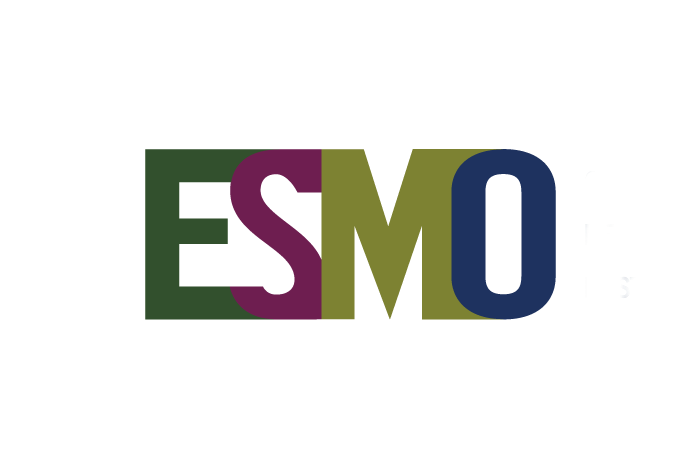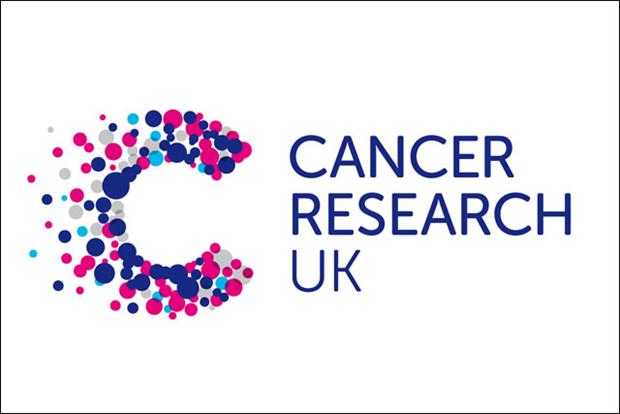Share this Page:
Blocking the action of two proteins in cancer cells (PD-1 and CTLA-4) has been shown to block or slow the growth of cancer cells and improve survival of patients with advanced kidney cancer. However, CTLA-4 inhibitors, such as ipilimumab, are not well tolerated by some patients. Volrustomig is an immunotherapy that blocks both PD-1 and CTLA-4. This phase 1 study is the first time volrustomig has been given to humans.
Sixty-five patients with advanced kidney cancer were treated with either 750 mg or 500 mg infusions of volrustomig every 3 weeks until their cancer got worse, or they couldn’t tolerate the side effects.
For both doses of volrustomig, nearly half of the patients responded to treatment and their cancer got smaller. More patients had a complete response to treatment and their cancer disappeared at the higher dose (3 patients). The average duration of the response to treatment was just over a year for the higher dose of volrustomig compared to 8.4 months for the lower dose. Time to when the treatment stopped working and the cancer started growing again (progression-free survival) was slightly longer at the higher dose (nearly one year compared to 10 months).
Nearly half of the patients on the higher dose of volrustomig reported a serious or life-threatening immune-related side effect, compared to a quarter on the lower dose. However, nearly half of events did not require steroids and nearly all immune-related side effects that did not affect hormones were treated successfully. There was an increase in the number of T cells in the blood at both doses, and greater activation of T cells with the 750 mg dose of volrustomig compared to the 500 mg dose.
Volrustomig is a new immunotherapy that blocks the action of both the PD-1 and CTLA-4 proteins in cancer cells. This study showed that volrustomig is effective as a first anti-cancer treatment for advanced kidney cancer and for all disease risks (favourable, intermediate, and poor). The side effects were as already reported for immunotherapy treatment. Volrustomig is being looked at as a first treatment option for advanced kidney cancer in combination with lenvatinib.














